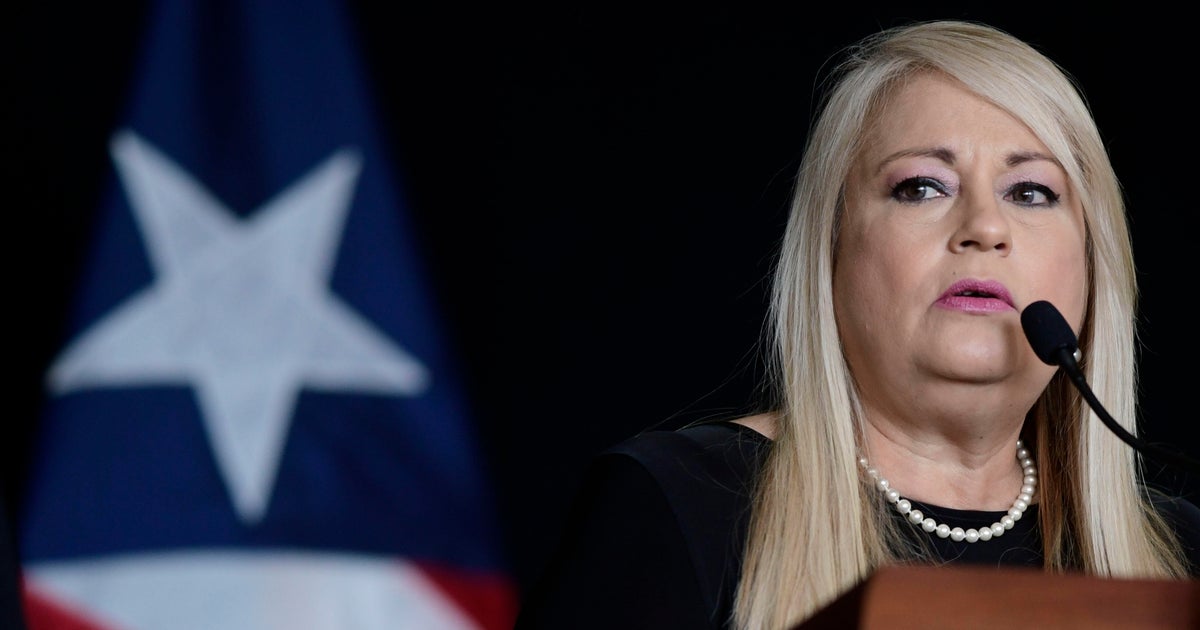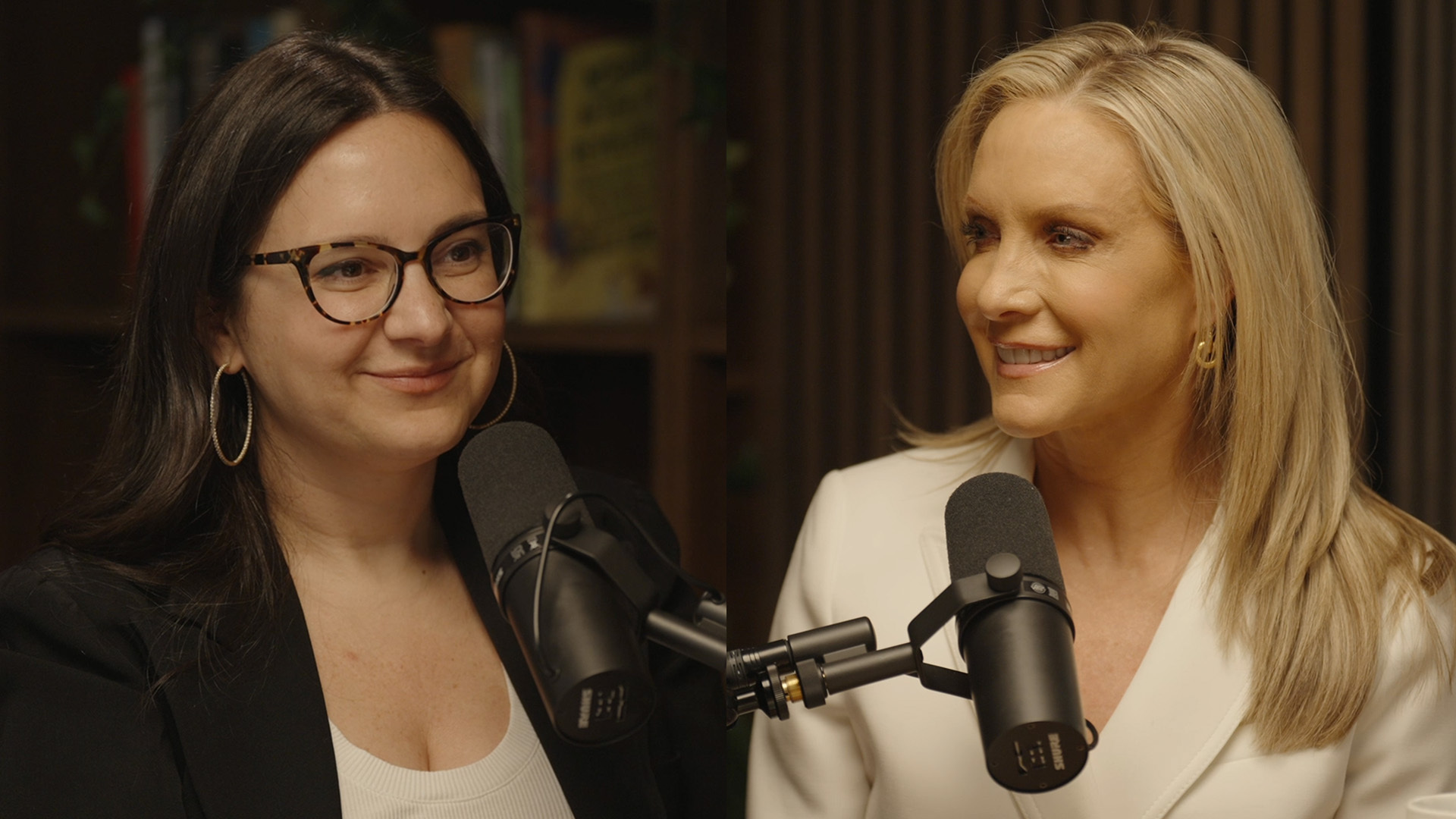Five pieces of advice for Donald Trump from Bush's former chief of staff
Andy Card served as President George W. Bush’s chief of staff for the tumultuous first five years of his administration -- a period of time that saw the 9/11 attacks, the invasions of Iraq and Afghanistan, a difficult re-election campaign and the devastation of New Orleans by Hurricane Katrina.
As one of Bush’s closest and most trusted aides, Card had a front-row seat to all of that. He resigned in 2006 and went on to become a university president and sought-after speaker. And on Wednesday, he sat down with Elaine Quijano to share the advise he has for the incoming administration on CBSN’s Red and Blue, which airs Tuesday night at 9 p.m. Here is what he says:
1. Remember that there are no easy decisions. For Card, easy decisions are for the president’s subordinates, while the president must make the “brutally tough” choices. The president is “wasting his time” if he’s focusing on anything else, and so it’s the job of the chief of staff to make sure he concentrates on only the most important tasks at hand. “He makes presidential decisions, and so those would be the things I would focus on,” Card says.
2. Keep your promises. At the onset of any administration, Card says, it’s crucial that the president be seen as addressing the issues he was elected to address. “[Y]ou have to understand the promises that you made to the American people to have the right to be president. And the president will have to be reminded of them, the staff will have to be reminded of them...You want to stay true to your word.”
3. Get the best team, and get it fast. “You also have to put a team around the president that will help the president,” Card says. That means getting your cabinet nominees through the Senate confirmation process, and quickly getting the right team in place so the White House is fully operational the moment the inauguration is over. “You’ve got to hit the ground running on day one.”
4. Have a plan for the short term. For Card, the first 100 days of a new administration are of the utmost importance. “The first one hundred days ends on April 30th. The president will be measured on his campaign promises, his commitment, his direction, his ability to lead on April 30th.”
5. Keep your eyes on the ball, but be ready for surprises. Even as the new administration is working on getting its agenda passed, it must always be on the lookout for an unexpected crisis: “[Y]ou have to have the nimble ability to deal with the challenges that president has to address, in addition to programs and promises that the president made to implement, which means get a team in place that understands the commitments, that understands the policy, and will work to implement them.”






